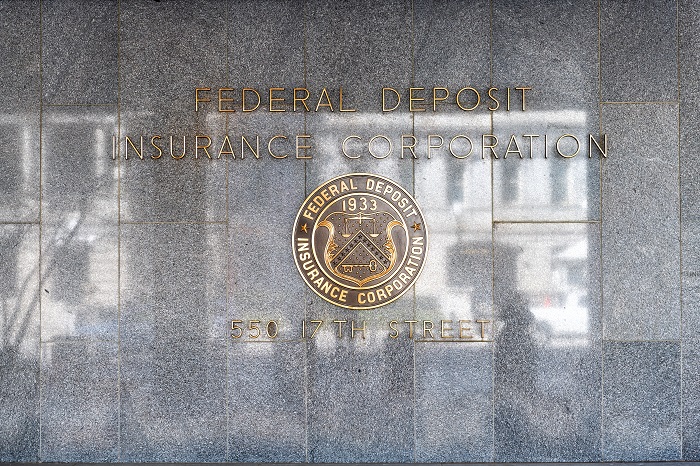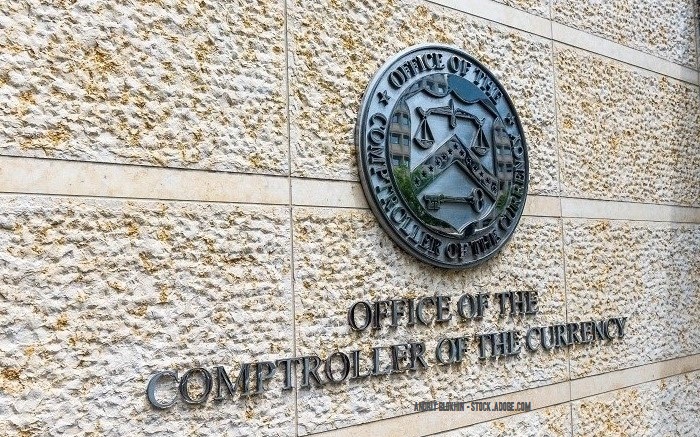The U.S. Supreme Court recently decided that a fix was needed to the federal Telephone Consumer Protection Act. But its decision in Barr v. American Assn. of Political Consultants, Inc. provides no TCPA relief for legitimate businesses that use technology to communicate with their customers.
Posts published in “Debt Collection”
Joining similar rulings by the Eighth and Tenth Circuits, the U.S. Court of Appeals for the Fourth Circuit recently held that each violation of the FDCPA gives rise to a separate claim governed by its own statute of limitations period.
The U.S. Court of Appeals for the Seventh Circuit recently held that a debt collection verification letter, which sought to collect interest on a credit card debt for months after the time when the bank that issued the card did not send monthly statements, was not "false" and would not have misled their attorney in violation of the federal Fair Debt Collection Practices Act (FDCPA).
The Federal Deposit Insurance Corporation (FDIC) recently issued its Final Rule clarifying the “Permissible Interest on Transferred Loans.”
On June 27, the City of New York’s new rules aimed at language access in debt collection become effective. I am often asked whether they apply to creditors as well. It appears that particular provisions of the new rules do cover creditors collecting their own debt.
Yesterday ARM industry trade associations ACA, New York State Collectors Association and the Receivables Management Association International (RMAI), along with the National Creditors Bar Association and the New York State Bar Association submitted a joint letter to the New York City Department of Consumer and Worker Protection (formerly the Department of Consumer Affairs) requesting a 60-day extension to the effective date of its new language preference rules.
The U.S. Court of Appeals for the Seventh Circuit recently affirmed entry of summary judgment in favor of a debt collector that its collection letter language was “false, misleading or deceptive” in violation of section 1692e of the Fair Debt Collection Practices Act.
The New York City Department of Consumer and Worker Protection has adopted new rules requiring debt collectors to provide consumers with language preference disclosures and an affirmative obligation to request and record the consumer’s language preference.
The U.S. Court of Appeals for the District of Columbia Circuit recently vacated a summary judgment order against a debtor on her claims against a debt owner and its debt collector for alleged violations of the federal Fair Debt Collection Practices Act because the debtor did not suffer a concrete injury-in-fact traceable to the alleged statutory violations and therefore lacked the required Article III standing.
The Office of the Comptroller of the Currency (OCC) recently issued its final rule clarifying the “Permissible Interest on Loans that are Sold, Assigned, or Otherwise Transferred”.
The U.S. Court of Appeals for the Eleventh Circuit recently reversed entry of summary judgment in favor of a satellite television provider against a consumer on claims that it violated the Florida Consumer Collection Practices Act by attempting to collect a debt it knew had been discharged in bankruptcy and directly contacting the plaintiff consumer knowing she was represented by counsel.










